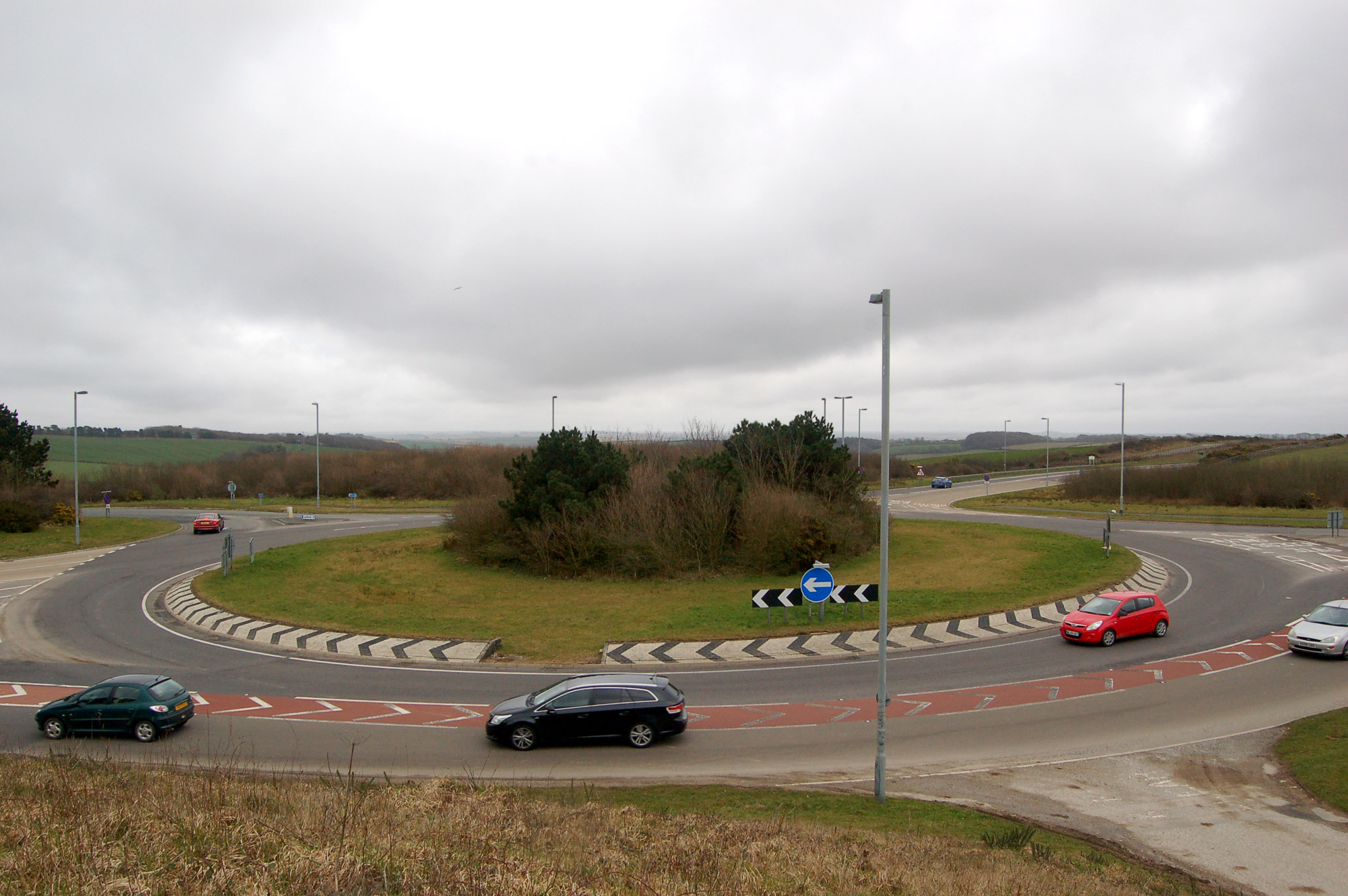 Dale Best has written a guest post, at Kurt Willems’ Pangea Blog, What Good Does It Do When Christians Are Offended?, copied from Dale’s own blog. The specific focus of the post is something I am not so interested in, the wording of the US Pledge of Allegiance. But the real point is much more important: that Christians should not be so quick to take offence.
Dale Best has written a guest post, at Kurt Willems’ Pangea Blog, What Good Does It Do When Christians Are Offended?, copied from Dale’s own blog. The specific focus of the post is something I am not so interested in, the wording of the US Pledge of Allegiance. But the real point is much more important: that Christians should not be so quick to take offence.
Dale writes (in part):
I’m one of those Jesus followers who happened to not be offended. Because I don’t think it does any good. …
But how much good does it do? If we call ourselves Christians and we identify ourselves with the One who came and forsook his own rights and his own life and gave himself for others, should instances like removing “Under God” from a pledge really matter?
Jesus spent his time and influence and energy building a Kingdom that transcended anything this world had to offer. The world, essentially, has it’s own way of doing things and it never surprised him that things weren’t right. He came to reconcile those things that weren’t right … through serving and giving his life and ultimately defeating death.
Jesus didn’t come to tell everyone what he was against. He had one mission and that was to usher in His Kingdom to a world that was broken. He showed us love in a way that seemed so counter-cultural. He didn’t waste his time worrying about whether or not his Abba’s rules were posted in the town square. He taught that to be first, you have to be last. And to not expect the world to make it easy for you along the way.
Indeed. This ties up well with what I wrote about Calvin, Preacher of Legalism and about Why Christians should accept gay marriage. As Christians we shouldn’t expect the world to live by our standards, and we certainly shouldn’t take offence when they don’t.
It is right for us to be sad when we see such things, and for them to drive us to prayer. And sometimes it is right to speak out for truth and righteousness. But when instead we take offence and start complaining in a judgmental way, in fact we harm the cause of Christ, in the same way that Calvin did when he presided over a legalistic state in Geneva. This is true whether our offence is over the Pledge of Allegiance, over bad things we see in society, or over what some blogger has written.
How is this harmful? We give outsiders the false idea that Christianity is all about keeping rules and saying the right words. We make them feel condemned rather than loved by God. Instead of attracting them with the true gospel message, we repel them and cause them to reject any Christian faith that they might have. In short, we do great damage to the Kingdom of God.


 In case anyone is confused, the Calvin I was referring to in my post
In case anyone is confused, the Calvin I was referring to in my post 
 J. R. Daniel Kirk (no relation) put the cat among the pigeons last week when he blogged about
J. R. Daniel Kirk (no relation) put the cat among the pigeons last week when he blogged about 